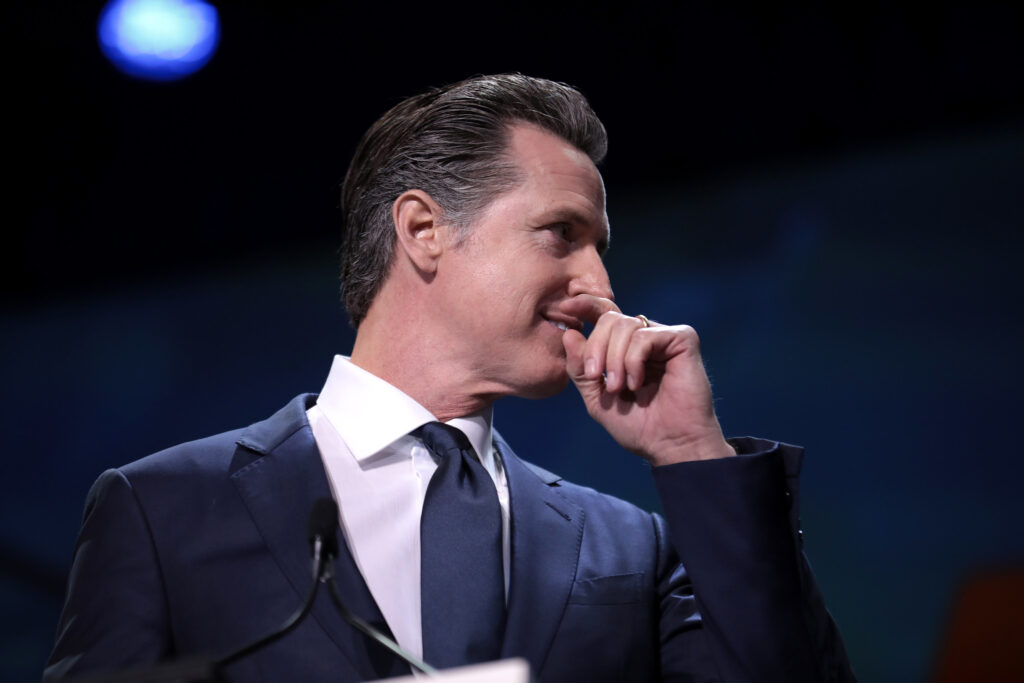The Association of Private Sector Colleges and Universities is suing to halt the U.S. Department of Education from implementing three new regulations designed to rein in the growth of the for-profit higher education sector.
The group, which represents more than 1,500 accredited private, postsecondary schools serving 3 million students across the United States, has lambasted the new regulations as “a classic case of bureaucratic overreach.”
APSCU President and CEO Harris Miller says the association’s lawsuit focuses on three disputed provisions: regulations over the way recruiters are compensated, the misrepresentation of programs at for-profit colleges, and the state authorization of colleges.
Rules Target Ads, Compensation
The lawsuit, filed January 21, in the federal District Court in Washington, DC, alleges the Department of Education’s new university authorization rules impede a state’s ability to implement its own oversight structures. This provision, APSCU contends, could have a negative effect on colleges and universities that provide courses online, since these colleges will have to be authorized in every state in which a student is enrolled in a course. Currently, an online college or university only needs a single state or regional accreditation.
APSCU also worries the new compensation regulations could lead to a loss of quality employees if for-profits are prohibited from using merit-based compensation.
Finally, the association says the proposed penalties for schools that allegedly mislead students, even inadvertently, could force schools to be less transparent than they currently are in their recruitment practices.
‘Witch Hunt Against For-Profits’
Jane Shaw, president of the John W. Pope Center for Higher Education Policy, says the three federal regulations represent bureaucratic overreach “at the very least.”
“In my view, the Department of Education—and some senators—are conducting a witch-hunt against for-profit schools, even to the point of using a Government Accountability Office report that’s been shown to be full of flaws and misleading claims, designed to make profit-making schools look bad,” Shaw stated. “The Department of Education rules appear to me to be discriminatory and vindictive. And the rule about state authorization of colleges seems to be a violation of freedom of commerce among the states,” she continued.
Shaw also noted the for-profit higher education sector is serving the needs of students historically underserved by traditional colleges and universities.
“For-profit schools have a right to exist,” Shaw emphasized. “They have grown in recent years in part because they have reached out to populations who have been inadequately served by the nonprofit education sector.”
These groups are often older, working people, including a sizable number of low-income minorities and immigrants Shaw says are often overlooked or disdained by the nonprofit educational sector.
“These rules could harm the schools and thus reduce educational opportunities for these groups,” Shaw said.
Some Scrutiny Warranted
While Shaw sees the administration’s efforts to rein in the for-profit sector as unfortunate and potentially harmful, she notes some colleges do deserve a measure of scrutiny.
“Conservatives can and should have mixed feelings about for-profit colleges,” Shaw said.
“In the past, private, profit-making schools provided a service that students wanted and paid for,” she explained. “Certainly, for-profit schools continue to strive to do that, but something has changed.
“Since the 1972 Higher Education Act amendments, postsecondary students at for-profits have been able to receive aid from the federal government to attend school through grants for low-income students and subsidized loans for all students,” Shaw continued.
The law has had enormous effects on higher education, Shaw says.
“On the positive side, this aid has enabled students to attend schools who otherwise would not. On the negative side, it has put many students in the position of incurring heavy debts that will be hard to pay off,” she said. “This is the case for students at nonprofit schools as well as for-profits.”
But Shaw says students relying on federal subsidies are “disproportionately represented” among for-profits, which has contributed to the sector’s enormous growth over the past decade.
Traditional Colleges Get ‘Free Pass’
Matt Denhart, administrative director of the Center for College Affordability and Productivity, expresses similar concerns about the Department of Education’s efforts to curtail the growth of for-profit colleges.
“While the U.S. Department of Education professes to be helping students succeed and making colleges more affordable, its assault on for-profit colleges and universities runs counter to those goals,” Denhart stated.
“For-profit institutions currently serve a segment of the population that has been left out by the traditional higher education sector,” he said. “In 2004, students at for-profit institutions had median incomes that averaged only 60.1 percent of the earnings of students at public institutions and 49.4 percent of the earnings of students at private, nonprofit institutions.
“The administration’s crusade against these schools gives a free pass to traditional sector schools and ignores the very pressing problems facing all of higher education,” Denhart said.
Ignoring Real Issues?
Gainful employment requirements, requiring state authorization, and mandating a federal definition of a credit hour do not provide students the type of outcomes-based information they need to assess the quality of a college, Denhart argues.
Instead, Denhart says, the regulations punish the very institutions that have been most innovative in providing an affordable education.
“Rather than focusing on the real issues of cost escalation, stagnating outcomes, and the absence of accountability, the Obama administration has unfairly targeted a single sector, to the detriment of all of higher education, but especially the underserved students who have found educational opportunities in for-profit institutions,” Denhart concluded.
Lindsey Burke ([email protected]) is an education policy analyst at The Heritage Foundation.



